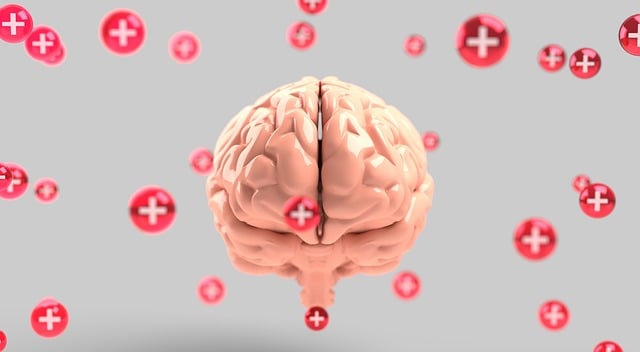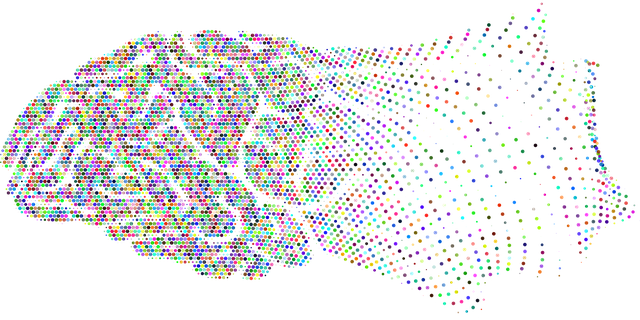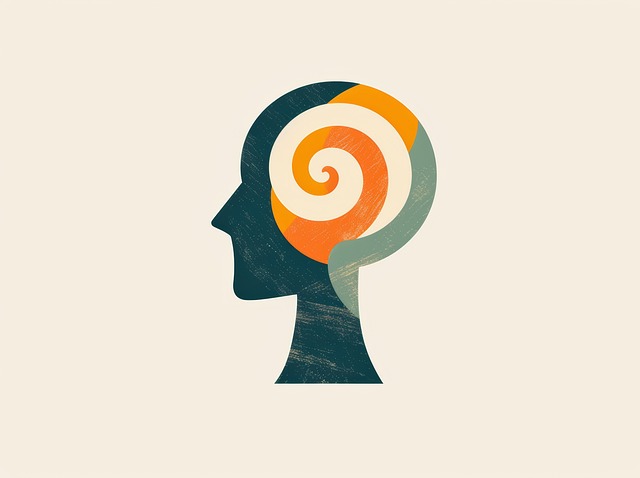Substance abuse among older adults, often overlooked due to age-related stigma, requires urgent attention, with unique risk factors including physical pain, loneliness, and cognitive decline. Early intervention is key; effective strategies include Cognitive Behavioral Therapy (CBT) for OCD, Mental Wellness Coaching Programs, and elder-centric approaches. Building a robust support system, incorporating holistic lifestyle modifications, and promoting mental health awareness through public campaigns are vital for successful risk reduction and recovery from substance abuse in seniors, specifically those with OCD.
Substance abuse among elders is a growing concern, presenting unique challenges due to co-occurring mental health issues like obsessive-compulsive disorder (OCD). This article delves into comprehensive risk reduction strategies, focusing on early identification of signs and understanding the underlying causes. We explore effective therapy approaches, including Cognitive Behavioral Therapy (CBT), and emphasize the power of support systems. Additionally, we discuss lifestyle modifications tailored for long-term recovery, offering insights to navigate this complex issue.
- Understanding Substance Abuse in Elders: Risk Factors and Early Signs
- Therapy Approaches for Effective Risk Reduction: Cognitive Behavioral Therapy (CBT) and More
- Building Support Systems: Family, Community, and Professional Networks
- Lifestyle Modifications for Long-Term Recovery: Nutrition, Exercise, and Stress Management
Understanding Substance Abuse in Elders: Risk Factors and Early Signs

Substance abuse among older adults is a growing concern, often overlooked due to the stigma associated with aging. Understanding the unique risk factors and early signs of substance misuse in this demographic is crucial for timely intervention. Elders may turn to alcohol or drugs as a way to cope with physical pain, loneliness, or cognitive decline—conditions prevalent in later life. For instance, older individuals dealing with Obsessive-Compulsive Disorder (OCD) might self-medicate with substances to alleviate symptoms, leading to a complex interplay of mental health issues and substance abuse.
Risk reduction strategies should focus on comprehensive approaches that address both the underlying causes and specific challenges faced by elderly populations. This may include therapy tailored to their needs, such as cognitive behavioral therapy (CBT), which has proven effective in treating OCD and other mental health disorders. Additionally, Mental Wellness Coaching Programs can empower seniors with coping skills, stress management techniques, and support networks crucial for maintaining mental wellness. Developing these programs with an elder-centric focus is essential to ensure the effectiveness of risk reduction efforts.
Therapy Approaches for Effective Risk Reduction: Cognitive Behavioral Therapy (CBT) and More

For older adults struggling with substance abuse, specialized therapy approaches like Cognitive Behavioral Therapy (CBT) offer a promising path to risk reduction. CBT focuses on identifying and changing negative thought patterns and behaviors, empowering individuals to make healthier choices regarding substance use. This evidence-based method has proven effective in treating various mental health conditions, including Obsessive Compulsive Disorder (OCD), by teaching coping strategies that enhance mental wellness.
Incorporating compassion cultivation practices within therapy can further benefit this demographic. Such practices encourage self-acceptance and empathy, which are crucial for managing underlying emotional issues fueling substance abuse. Additionally, conflict resolution techniques learned during therapy sessions enable individuals to navigate interpersonal challenges without resorting to harmful substances as a coping mechanism.
Building Support Systems: Family, Community, and Professional Networks

Building a robust support system is an integral part of any risk reduction strategy for substance abuse, especially when addressing issues like therapy for elders with obsessive-compulsive disorder (OCD). Family and community networks play a crucial role in providing emotional healing processes and fostering a sense of belonging. Within these circles, individuals can find understanding and non-judgmental spaces to share their struggles and triumphs.
Community programs and professional networks further enhance this support by offering specialized services and resources tailored to mental illness stigma reduction efforts. Therapists and counselors skilled in OCD treatment can provide guidance, while peer support groups offer camaraderie and shared experiences. Encouraging open communication channels and promoting emotional intelligence within these networks empowers individuals to navigate their recovery journeys with increased resilience and a stronger sense of self-worth.
Lifestyle Modifications for Long-Term Recovery: Nutrition, Exercise, and Stress Management

For individuals striving for long-term recovery from substance abuse, incorporating holistic lifestyle modifications can be transformative. Nutrition plays a pivotal role in healing and rehabilitation; a balanced diet rich in essential nutrients supports both physical and mental well-being. Adequate hydration, protein intake, and whole foods contribute to stable energy levels, enhancing the individual’s ability to manage cravings and triggers.
Exercise is another powerful tool for recovery. Regular physical activity not only promotes overall health but also facilitates stress management. It helps reduce anxiety and depression, commonly co-occurring with substance abuse disorders. Moreover, exercise can serve as a healthy distraction from cravings and provide individuals with a sense of accomplishment and increased self-control. Integrating mental illness stigma reduction efforts through public awareness campaigns can further empower those in recovery, fostering a supportive environment for open discussions around mood management strategies, such as cognitive-behavioral therapy or mindfulness practices.
In addressing substance abuse among elders, a comprehensive strategy combining therapy, support systems, and lifestyle modifications is key. As discussed, cognitive behavioral therapy (CBT) has proven effective in treating underlying conditions like obsessive-compulsive disorder, while building strong support networks can facilitate recovery. Encouraging healthy lifestyles through proper nutrition, regular exercise, and stress management further reduces risk. By implementing these strategies, we can significantly enhance the well-being of elderly individuals, promoting long-term recovery from substance abuse and improving their overall quality of life.














